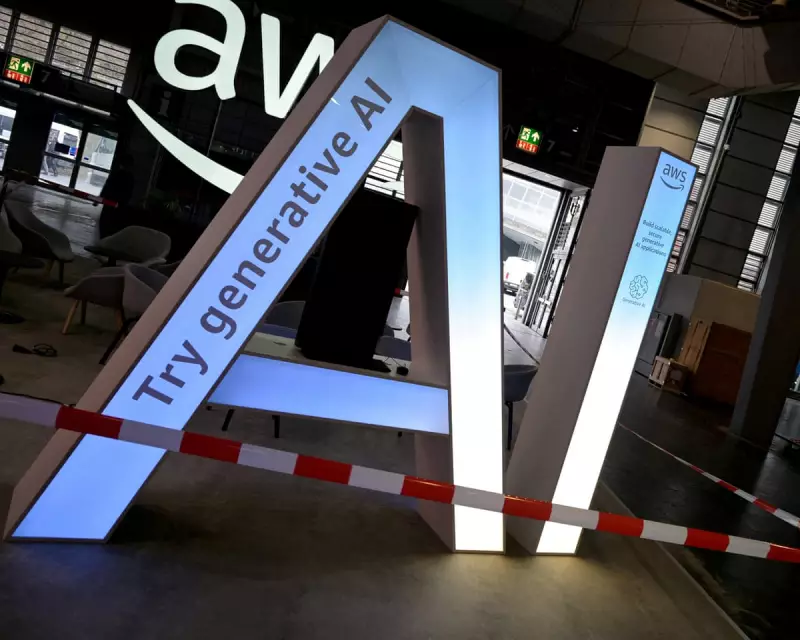
A profound sense of anxiety about the rise of artificial intelligence is sweeping through the British workforce, with one in two adults fearing it will either take their job or drastically alter it, a major new poll has revealed.
The survey, conducted by YouGov for the Guardian, paints a picture of a nation grappling with the rapid pace of technological change. It found that a staggering 50% of UK adults are worried about AI's impact on their employment, signalling a crisis of confidence in the future of work.
Who Fears the AI Revolution Most?
The concern is far from evenly distributed. The data reveals a clear generational and socioeconomic divide:
- The Young and the Restless: Anxiety is highest among young adults aged 18 to 24, with 60% expressing worry, compared to just 35% of those aged 65 and over.
- The Graduate Divide: University graduates (57%) are significantly more apprehensive than those without a degree (45%), suggesting that high-skilled, white-collar roles are no longer seen as safe havens.
- A Political Divide: The poll also uncovered a political split, with 59% of 2019 Labour voters worried about AI's impact, versus 44% of those who voted Conservative.
From Anxiety to Action: The Call for Regulation
This widespread public concern is translating into a powerful demand for government intervention. An overwhelming 62% of the public believes ministers should impose stricter regulations on the development and use of AI technology in the workplace.
This public sentiment stands in stark contrast to the current government's championing of an "innovation-first" approach, prioritising economic growth and the UK's position as a tech leader. This new data suggests a growing gap between Westminster's ambitions and the lived anxieties of the electorate.
The Broader Impact on Society
Beyond personal job security, the poll indicates deep-seated trepidation about AI's wider influence. Nearly two-thirds (63%) of respondents believe artificial intelligence will increase inequality between the rich and the poor in Britain.
This research moves the conversation beyond theoretical debates and into the heart of homes and workplaces across the country. It reveals that for millions, the AI revolution is not an abstract future event but a pressing present-day concern with the potential to reshape lives, livelihoods, and the very fabric of society.





